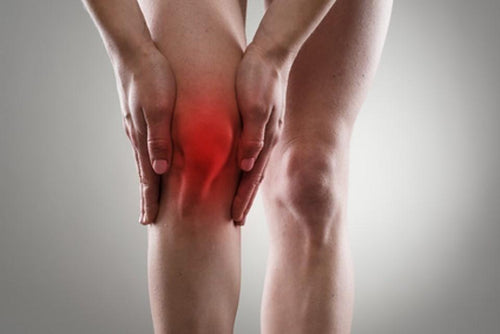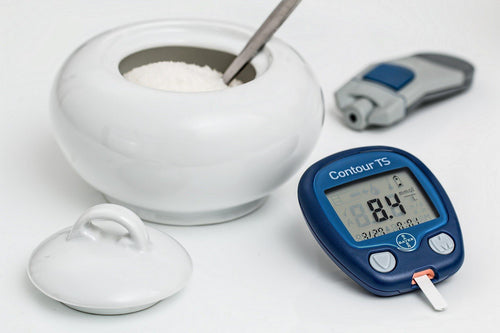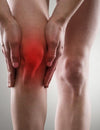Testosterone not only affects sexual function but also affects how we feel emotionally and physically.
Women also need testosterone even if they need less than men.
Testosterone levels may also have an effect on how long we live.
Research has shown that optimal blood levels of testosterone in older men is associated with reduced mortality (Yeap BB, et.al., 2014).
The use of testosterone was however not affecting the build up of deposits in the arteries of older men with low to normal testosterone (Basaria S, et.al., 2015).
According to these 2 studies, it would be beneficial if you can maintain optimal testosterone levels without using a testosterone replacement.
Low sexual desire in women has been associated with low blood levels of free testosterone, that’s the testosterone the body can use (Wahlin-Jacobsen S, et.al., 2017).
How we act may also be affected by our testosterone levels.

Salivary testosterone, that the free testosterone the body can use, has been associated with extraversion (Smeets-Janssen MM, et.al., 2015).
The food we eat can actually have quite an effect on our testosterone levels. You can either increase it or decrease it, depending on what you eat.
Most people are probably not aware of that, but the research has been available for many years, and it is very interesting. It is most likely not what you expected.
When seven normal men were eating a high carbohydrate diet for 10 days, their testosterone concentration was consistently higher than after ten days on a high protein diet (Anderson KE, et.al., 1987).
It is also interesting that the stress hormone cortisol was consistently lower during the high carbohydrate diet than it was during the high protein diet.
It is important to get enough protein, but we don’t need that much. Less than 1 g per kg of body weight is enough for most people unless you exercise very hard and a lot, then your needs will increase a little bit, but not that much.
References:
Smeets-Janssen, M. M., Roelofs, K., Van Pelt, J., Spinhoven, P., Zitman, F. G., Penninx, B. W., & Giltay, E. J. (2015). Salivary testosterone is consistently and positively associated with extraversion: results from the Netherlands study of depression and anxiety. Neuropsychobiology, 71(2), 76-84.
Wåhlin-Jacobsen, S., Kristensen, E., Pedersen, A. T., Laessøe, N. C., Cohen, A. S., Hougaard, D. M., … & Giraldi, A. (2017). Androgens and Psychosocial Factors Related to Sexual Dysfunctions in Premenopausal Women∗:∗ 2016 ISSM Female Sexual Dysfunction Prize. The journal of sexual medicine, 14(3), 366-379.
Anderson, K. E., Rosner, W., Khan, M. S., New, M. I., Pang, S., Wissel, P. S., & Kappas, A. (1987). Diet-hormone interactions: protein/carbohydrate ratio alters reciprocally the plasma levels of testosterone and cortisol and their respective binding globulins in man. Life sciences, 40(18), 1761-1768.
Basaria, S., Harman, S. M., Travison, T. G., Hodis, H., Tsitouras, P., Budoff, M., … & Coviello, A. D. (2015). Effects of testosterone administration for 3 years on subclinical atherosclerosis progression in older men with low or low-normal testosterone levels: a randomized clinical trial. Jama, 314(6), 570-581.
Yeap, B. B., Alfonso, H., Chubb, S. P., Handelsman, D. J., Hankey, G. J., Almeida, O. P., … & Flicker, L. (2013). In older men an optimal plasma testosterone is associated with reduced all-cause mortality and higher dihydrotestosterone with reduced ischemic heart disease mortality, while estradiol levels do not predict mortality. The Journal of Clinical Endocrinology & Metabolism, 99(1), E9-E18.
Yeap, B. B., Alfonso, H., Chubb, S. P., Handelsman, D. J., Hankey, G. J., Almeida, O. P., … & Flicker, L. (2013). In older men an optimal plasma testosterone is associated with reduced all-cause mortality and higher dihydrotestosterone with reduced ischemic heart disease mortality, while estradiol levels do not predict mortality. The Journal of Clinical Endocrinology & Metabolism, 99(1), E9-E18.







